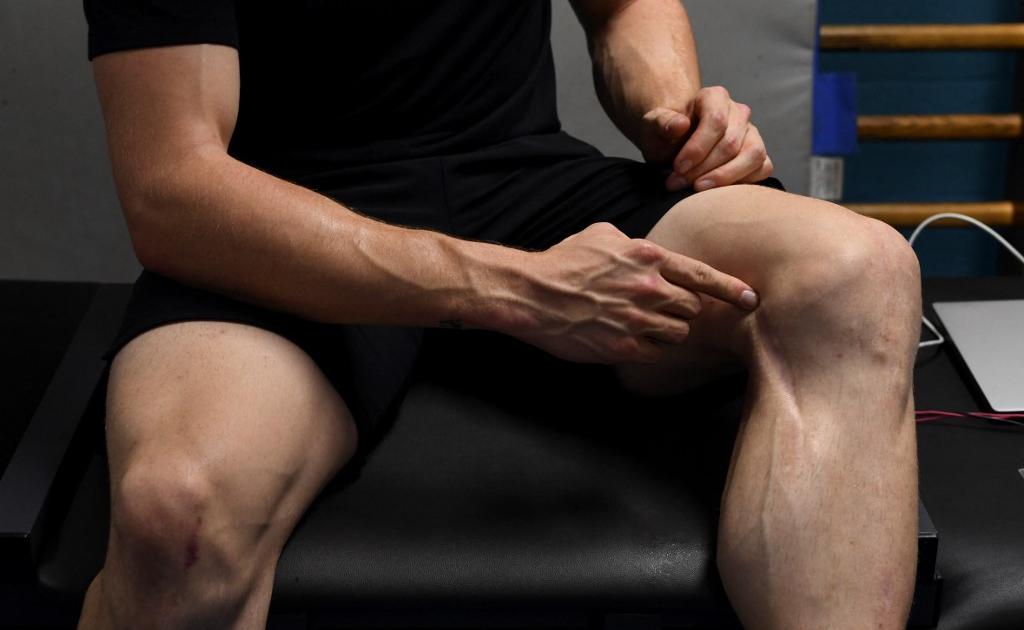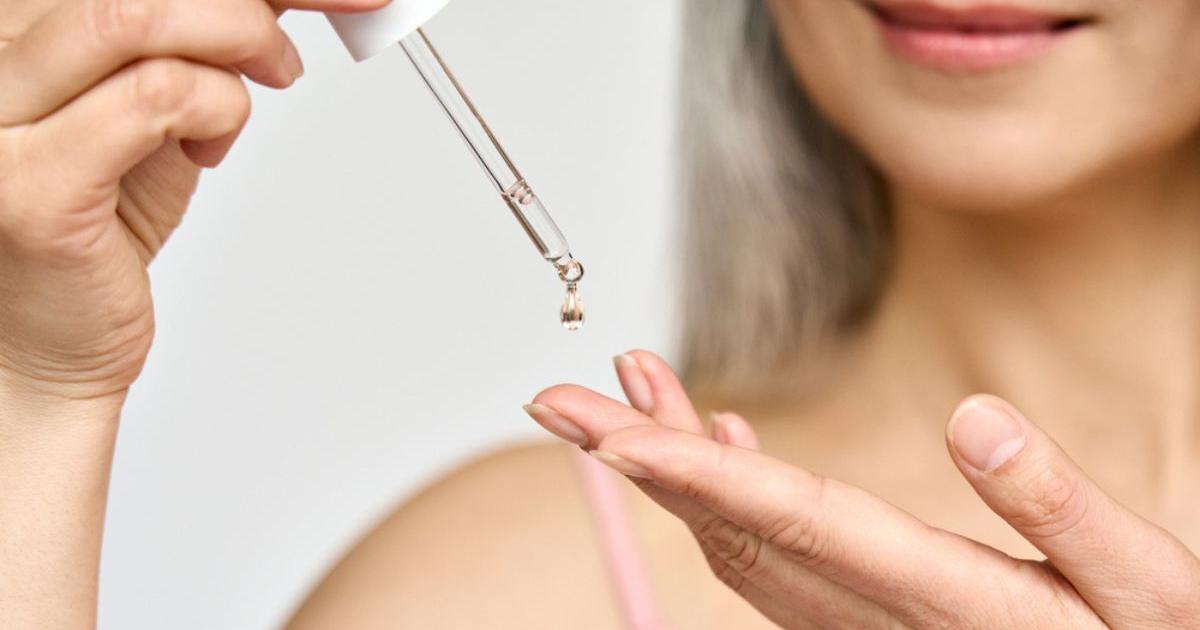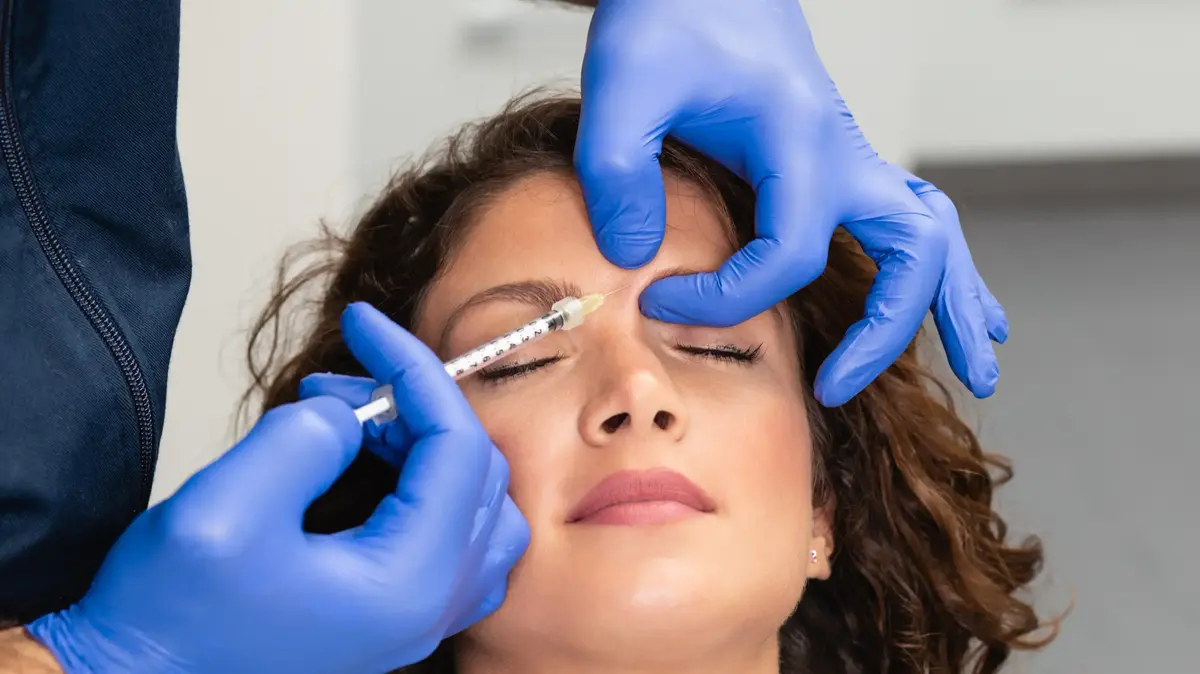There is very little interest in injecting hyaluronic acid in patients with knee osteoarthritis, according to a large study published Thursday, July 6, which corroborates growing doubts about the interest of this treatment intended to reduce pain.
This work
“does not plead for a generalized use of visco-supplementation to treat osteoarthritis of the knee”
, summarize the authors of the study published in the
British Medical Journal
(BMJ).
Knee osteoarthritis is one of the most common rheumatisms.
Patients experience deterioration of the cartilage in the knee joint, which leads to pain and difficulty in everyday life, including walking.
This condition is very common.
According to a report made in 2020, cited by the authors of the study, it affects more than 500 million people worldwide.
In France, Social Security estimates that knee osteoarthritis affects almost a third of people aged 65 to 75.
Read alsoArthrosis - What symptoms?
For several decades, one of the main treatments has been to inject hyaluronic acid - a gelatinous substance that promotes good lubrication - into the affected joints.
But the real effectiveness of this treatment, called visco-supplementation, is the subject of more and more doubts, which in particular led the French Social Security to stop its reimbursement a few years ago, despite the opposition of specialists in these procedures, laboratories producing hyaluronic acid, as well as patient associations.
The BMJ study goes in this direction.
This is a meta-analysis, which compiles a number of previous works - here several dozen - and therefore gives a good idea of the state of knowledge.
Admittedly, the authors admit that visco-supplementation contributes to
“a small reduction in the pain associated with osteoarthritis of the knee”
but the effect is too small to consider that it really makes a difference on the clinical level.
Read alsoArthrosis - What treatments?
Especially since, at the same time, the injection of hyaluronic acid is not without danger:
"Visco-supplementation is associated with a higher frequency of serious side effects, when compared with a placebo"
, note the authors.
The latter, even if they cannot exclude a possible benefit of visco-supplementation for specific categories of patients, therefore call for it to no longer be made a systematic procedure in the treatment of knee osteoarthritis.


/cloudfront-eu-central-1.images.arcpublishing.com/prisa/2CTJ5HLPXBE4NGSHP6SCZIQ4IM.jpg)






